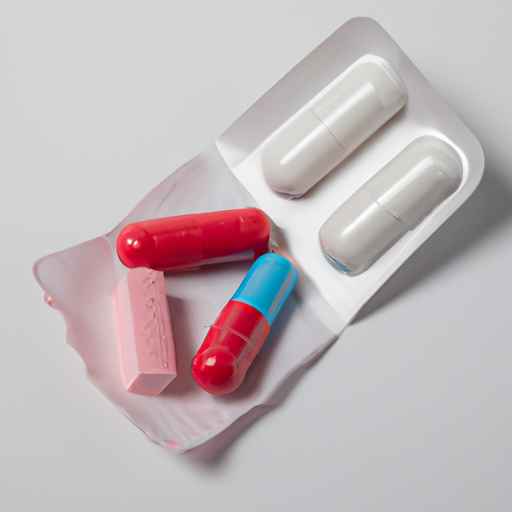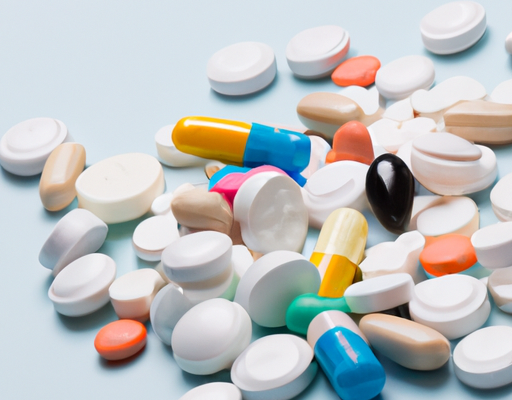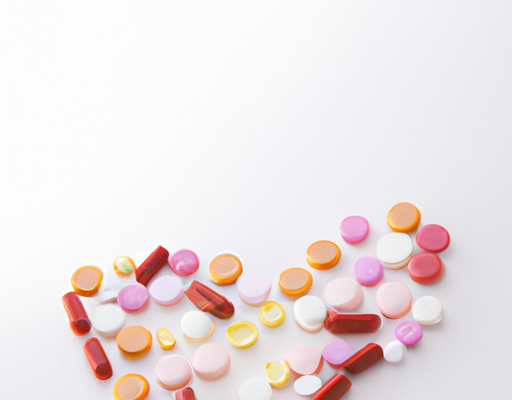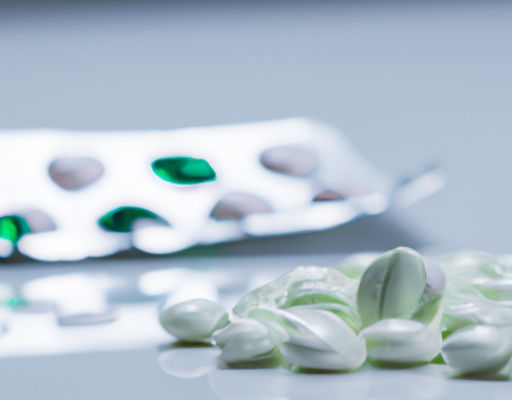Causes of zits
Acne, commonly called zits, are small bumps on the skin that occur when pores become clogged with sebum, a natural oil produced by the body’s oil glands. When the high levels of sebum combine with dead skin cells, bacteria, and other factors, they can block the pores and cause a pimple. Although pimples occur naturally and it is common to have at least the occasional blemish, some people may experience more severe or recurring acne. The severity of acne can range, with some cases requiring medical treatment. In general, acne can be caused by hormones, stress, genetics, diet, and skincare products. Hormones can cause an increase in sebum production, leading to clogged pores and breakouts. Stress can also trigger acne, since it can affect the body’s response to hormones. Those with a family history of acne may be more likely to suffer from breakouts. Additionally, certain foods can aggravate acne, such as those that are high in sugar, dairy, processed foods, and certain oils. Finally, it is important to consider the ingredients used in skincare products, as some may lead to irritation that causes a flare-up.
Symptoms of zits
Zits, also known as acne, are a common skin condition that can range from mild to severe. Mild cases can last anywhere from a few days to a few weeks, while more severe cases can take several months to heal. Symptoms of zits can vary greatly and may include redness and swelling around the affected area, whiteheads, blackheads, and/or painful, pus-filled lumps. Also, many people find that the affected area may become itchy, painful, and tender to the touch. For mild cases, home remedies such as over-the-counter creams, warm compresses, and gentle cleansing can help to reduce inflammation and speed up healing. Severe cases may require more intensive treatments from a doctor. It is important to note that everyone’s skin is unique, so the amount of time for a zit to heal will vary from person to person.
Treatments for zits
Millions of people suffer from zits or acne. It can cause a lot of frustration, especially in teens when it starts to affect their physical appearance. Luckily, there are treatments for zits that can help reduce symptoms and speed up healing. Here is a list of treatments for zits:
- Spot treatments. These are typically over-the-counter treatments that contain active ingredients that target specific areas of the skin.
- Topical creams, lotions and gels. These can be used daily to reduce the appearance of zits and regulate oil production.
- Oral medications. These are typically antibiotics or hormonal therapies that are prescribed by a doctor.
- Light therapy. This treatment uses special light therapy devices to help reduce the appearance of zits and speed up healing.
- Surgery. In extreme cases, surgery may be recommended by a doctor to remove large zits or cysts that cannot be treated using topical treatments.
With the right treatment, zits can start to clear up in a few days and improve further over time. Depending on the severity of the zits, it can take up to a few weeks or even months for the skin to completely clear up.
Reasons zits take longer to go away in some people
For some people, zits can take longer to go away than for others. This is due to a variety of factors, such as hormonal imbalances, genetics, and age. Hormonal imbalances, such as those during adolescence or pregnancy, can cause the skin to produce more oil than usual, leading to clogged pores and zits. Genetics also play a role in how quickly zits go away, as some people are naturally more prone to them. Finally, age is a factor as well, as with age the skin’s natural healing process slows down, making it harder for zits to disappear. Therefore, it is important to understand the various factors that can lead to longer-lasting zits, in order to help deal with them in an effective way.
Home remedies to speed up recovery
When it comes to dealing with zits, patience is an absolute must. It can take days, or even weeks, for them to go away completely. But there are a few home remedies that can help speed up the recovery process:
- Apply a warm compress to the area to reduce inflammation and promote healing.
- Fight bacteria with tea tree oil, which is a natural antibacterial.
- Soothe irritation with a mixture of aloe vera and honey.
- Cleanse the area with an exfoliating cleanser.
- Remove excess oils with a gentle, salicylic acid-based cleanser.
- Help heal and reduce inflammation and redness with a spot treatment containing benzoyl peroxide.
These home remedies can help reduce the severity and duration of zits, but it’s important to note that everyone’s skin is different. To find the solution that works best for you, consult a dermatologist.
When you should see a doctor
When it comes to zits, determining when to see a doctor can be tricky. Most zits will eventually go away on their own with over-the-counter medications, though this process can take days or weeks. However, if the zit becomes too painful or doesn’t show signs of clearing up after a few weeks, it may be time to see a doctor. If a zit is causing excessive discomfort and doesn’t respond to over-the-counter medications, it could be an indication of an underlying bacterial infection, or something more serious. In these cases, visiting a doctor for a professional diagnosis and treatment plan is the best course of action. In some cases, the doctor may suggest a prescription medication to help clear up the zit, such as an antibiotic, topical retinoid, or even an oral contraceptive. Though a doctor’s visit may seem daunting, it’s often the best choice for treating serious or persistent zits.





No Comments